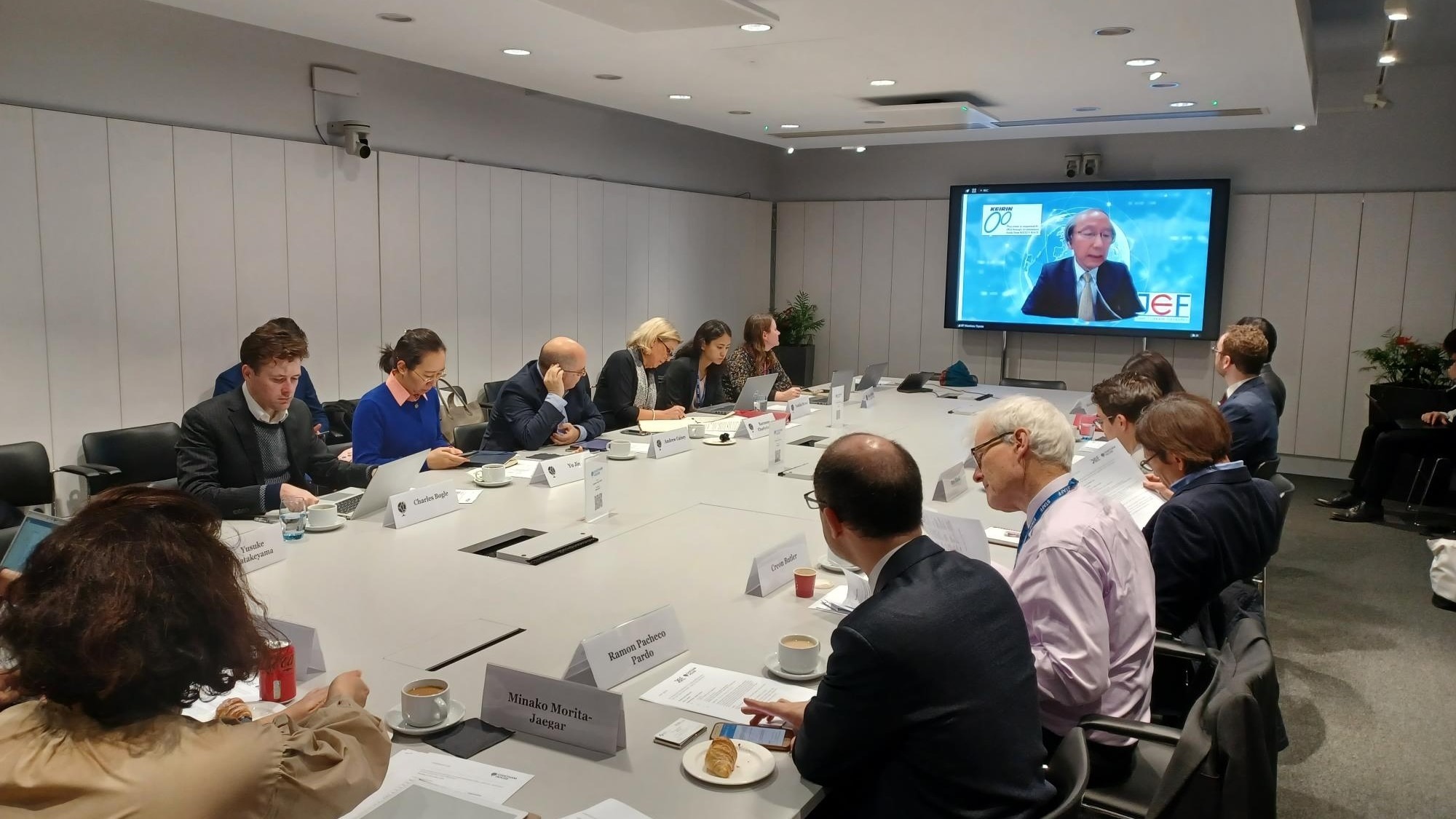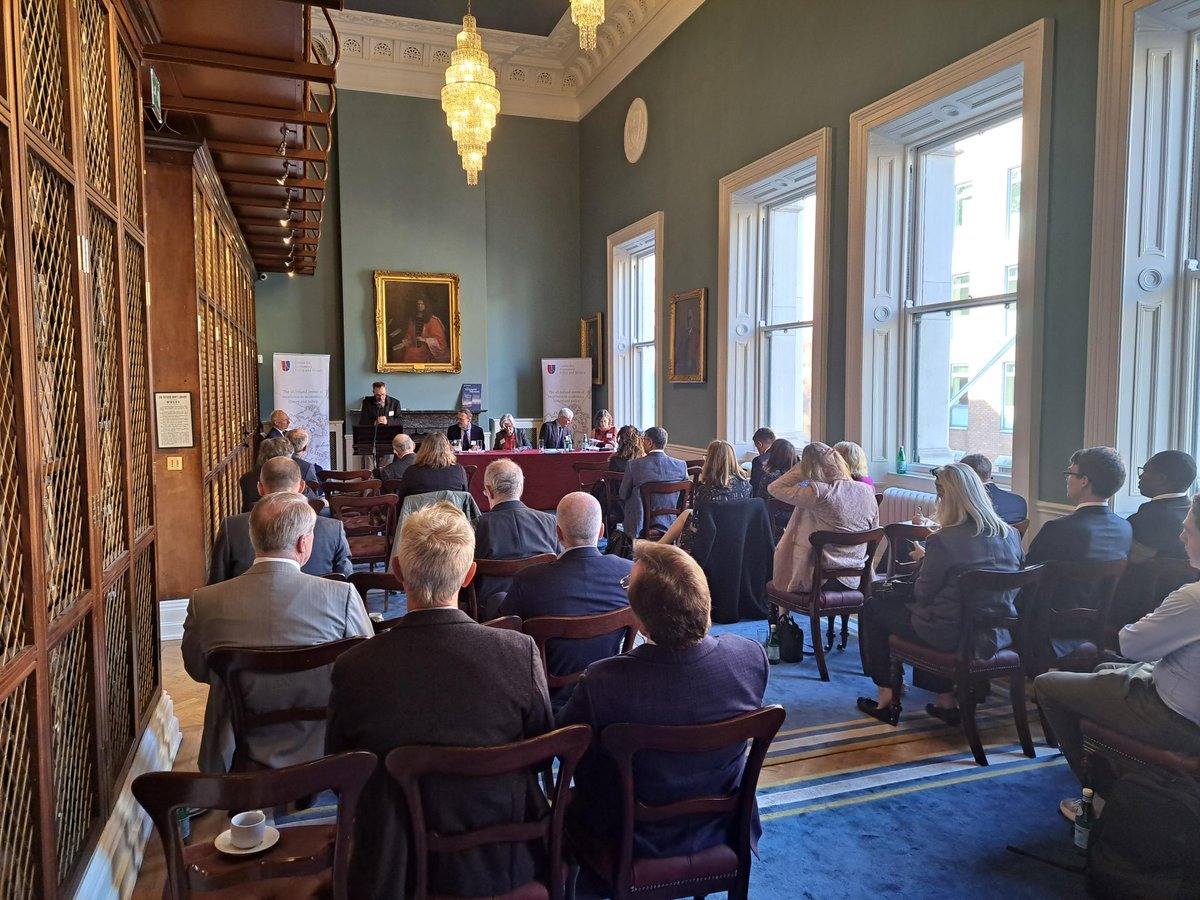Between 1989 and 2008, the global economy operated under a framework of regulations and institutions that aimed to restrict trade tariffs and subsidies, provide financial assistance to countries in economic distress in exchange for fiscal reforms, and offer development aid contingent upon governance improvements and anti-corruption measures.
However, the economic landscape has shifted. The United States is now adopting a strategy similar to China’s, investing heavily in industries deemed critical for the future and shielding domestic production.
In contrast, smaller European economies lack significant joint funding mechanisms for subsidies and instead rely on international legal frameworks to uphold open markets. Consequently, Europe faces a considerable challenge in navigating the economic rivalry between China and the US.

In November 2023, the CER convened its annual Ditchley economics conference, bringing together key figures from politics, government, academia, journalism, and thought leadership to deliberate on Europe’s response to the rising tide of economic nationalism emanating from China and the US. The conference yielded several key insights:
Europe must enhance its strategic autonomy and economic resilience to counter the influence of China and the US.
The EU should prioritize investment in critical industries and infrastructure to ensure long-term competitiveness.
European nations should work together to strengthen common rules and regulations, particularly in areas such as competition policy and data protection, to bolster the single market.
The EU should engage in strategic dialogue with the US and China to address shared challenges and promote a rules-based global economic order.
Europe must also deepen its engagement with emerging economies and regions to diversify its economic partnerships and reduce dependence on any single market.
